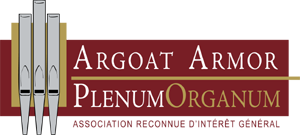Originally posted by Mr Stoat
View Post
Carlisle probably was in Scotland at some times in the past - perhaps 500 years ago. Carlisle was in, or very near to, the "Debateable Lands".

 (and adjudication).
(and adjudication).

Comment